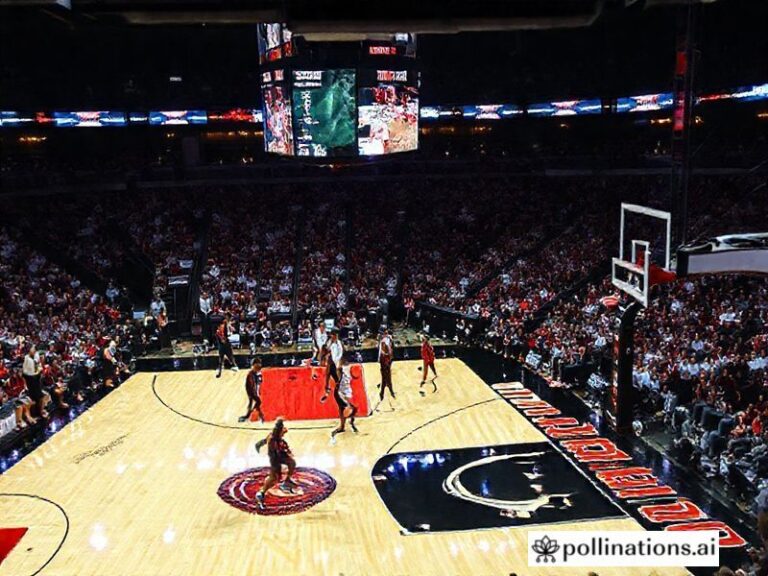emma willis
Emma Willis: The Quiet Brit Quietly Rebooting Global Television While You Weren’t Looking
PARIS — Somewhere between the collapse of the Euro, a pandemic that turned living rooms into offices, and a war that reminded Europe maps can still be redrawn, a 47-year-old mother of three from Birmingham has become the planet’s most politely ruthless exporter of prime-time formats. Emma Willis—yes, that Emma Willis, the one your algorithm keeps serving you in thumbnail form—has spent the last decade turning the British talent show into a stealth soft-power weapon.
The numbers, if you care to squint at them through the smoke of 2024’s dumpster-fire news cycle, are almost indecent. Big Brother, The Voice, The Circle, Love Is Blind: franchises she has fronted or quietly midwifed now air in 62 territories from Lagos to Ljubljana, racking up an estimated 1.8 billion cumulative eyeballs. For context, that is roughly the population of Earth minus the bits nobody admits to watching. The formats are tweaked—more tears in Brazil, more botox in LA, more inexplicable accordions in Italy—but the chassis is unmistakably Willis: calm, warm, faintly amused, like a benevolent algorithm that has read your browser history and decided not to judge.
Diplomats talk about “cultural diplomacy.” Netflix calls it “content.” Willis just calls it Tuesday. When the Saudi General Entertainment Authority wanted a gender-mixed reality show that wouldn’t trigger the morality police, they flew her to Riyadh for what was officially a “format consultancy” and unofficially a crash course in how to let women argue on camera without anyone getting stoned. The resulting show, House of Rivals, is now MBS’s favorite in-flight entertainment, proving that soft power works best when it comes with mood lighting and a sponsored break for Pepsi.
Meanwhile, in the United States—where television traditionally solves existential dread with a singing competition and a Ford commercial—Willis has become the go-to fixer for formats that need to feel British enough to seem classy, but American enough to sell trucks. NBC’s The Voice USA still flies her in for live shows, ostensibly as a “guest mentor,” in reality as an emergency charm dampener whenever the coaches start threatening to pistol-whip one another over pitch problems. She smiles, they remember their mortgages, democracy totters on.
The global south has proven especially fertile. In South Africa, Big Brother Mzansi pulled in 40% of the national audience during load-shedding blackouts—viewers literally watching on battery-powered televisions while the grid collapsed around them, a ratings triumph so bleak it could only be dark comedy. Willis, on a satellite link from London, thanked them for “keeping the conversation going,” which is presenter-speak for “sorry about your infrastructure, but look, drama!”
Critics, those endangered mammals, grumble that she is peddling neo-colonial comfort food: slick formats that teach the world to aspire to British accents and open-plan kitchens. Yet the audiences keep coming, perhaps because aspiration is the last renewable resource. When inflation hits 200% and the power flickers, watching strangers bicker over a singing prize still passes for stability. Willis understands the transaction: she provides the illusion of meritocracy; we provide the electricity, literal or metaphorical.
Her secret, if one can call it that, is a kind of empathetic minimalism. She asks questions as if she already knows the answer but is curious how you’ll embarrass yourself reaching for it. Contestants confess to her the way sinners confess to a bartender who’s heard everything and still refills the nuts. The effect translates uncannily across cultures; a shrug in Swahili is the same as a shrug in Scouse.
And so, while summits fail and supply chains snap, Emma Willis continues her gentle march across the bandwidth, the last British export that still works exactly as advertised. Somewhere in a streaming war room, a strategist is pitching “Willis-style neutrality” as the next UX trend. Somewhere else, a contestant is practicing their sob story in a language they barely speak, confident the host will nod like she’s already forgiven them.
The world burns; she offers a glass of water and a voting app. It isn’t salvation, but in 2024, it’ll do.







